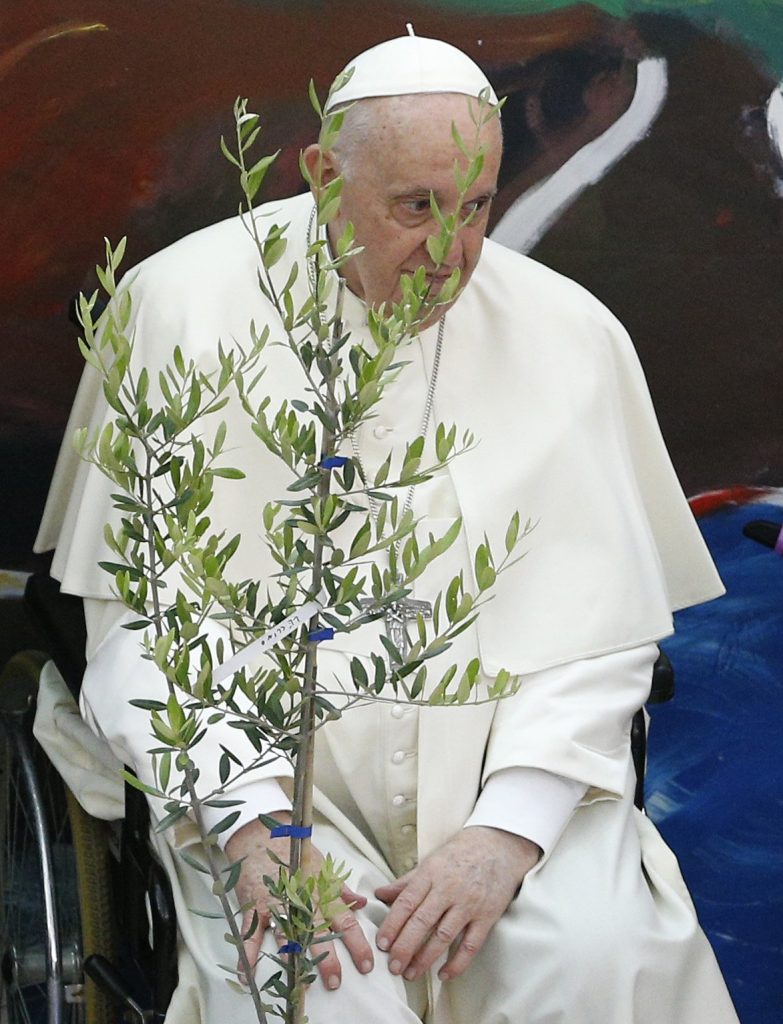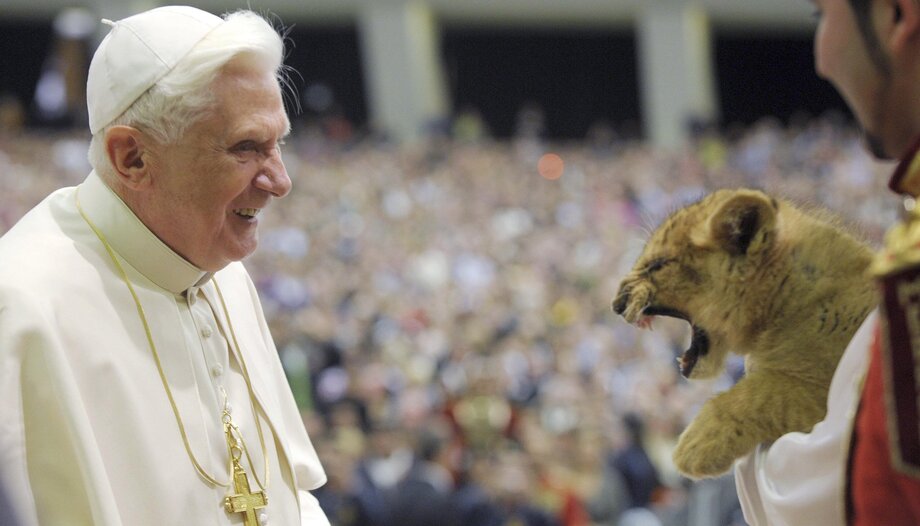The month of September is, for the Catholic Church, the "Time of Creation". Until October 4, Christians pay special attention to the care of our common home. In this regard, it is interesting to note that, throughout their pontificates, St. John Paul II, Benedict XVI and Francis have left clues about their own relationship with nature, as a gift from God that man must guard.
Karol Wojtyla, long before he became St. John Paul II, was a great lover of nature. From his youth until his health allowed it, he was in the habit of hiking in the mountains, skiing and cycling. All this helped him to develop a great sensitivity for nature, which he appreciated for its beauty and for its condition as a divine gift.
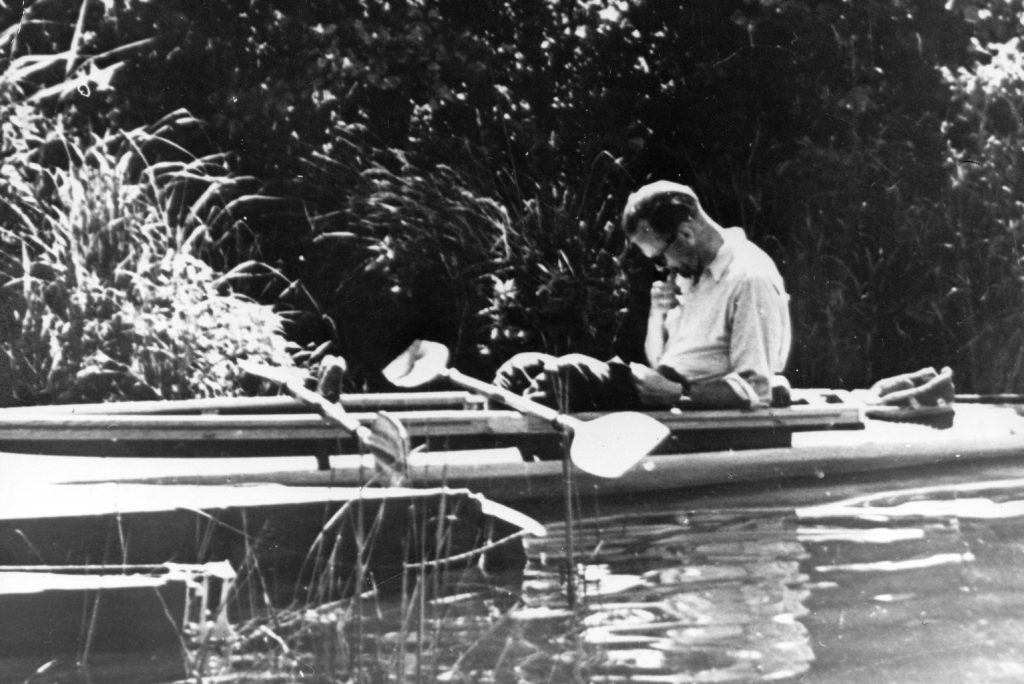
Pope John Paul II pointed out with great emphasis throughout his magisterium that man has a very close relationship with creation. The disorder into which human beings fall has a direct impact on the gift of the world which they guard: "Man, when he departs from the plan of God the Creator, provokes a disorder which inevitably has repercussions on the rest of creation. If man is not at peace with God, the earth itself is not at peace either" (Message for the celebration of the XXIII World Day of Peace).
Man and nature
However, the Polish Pope always tried to direct the gaze of ecological awareness towards the more anthropological side. Consequently, he affirmed that "the deepest and most serious sign of the moral implications inherent in the question ecologicalis the lack of respect for life" (Ibidem). For this reason, John Paul II considered that "respect for life and, in the first place, for the dignity of the human person, is the fundamental norm inspiring healthy economic, industrial and scientific progress" (Ibidem).
Throughout his pontificate, the Holy Father has repeatedly called for coordination among countries in order to face together the problems that threaten our common home. However, this does not mean that the individual responsibility of each person can be avoided by examining his or her lifestyle. John Paul II called for people to develop, through family education and individual conscience, a lifestyle based on "austerity, temperance, self-discipline and a spirit of sacrifice" (Ibidem).
For his part, Pope Benedict XVI also spoke of the role of human beings as stewards of the gift of creation. In a general audience focused on safeguarding the environment, the Holy Father affirmed that "man is called to exercise responsible governance in order to conserve it [nature], make it productive and cultivate it, finding the resources necessary for all to live in dignity."
Recognizing the depth of the bond that unites man with creation, Benedict XVI went so far as to say that "the alliance between human beings and the environment must be a reflection of God's creative love" (Message for World Day of Peace 2008).
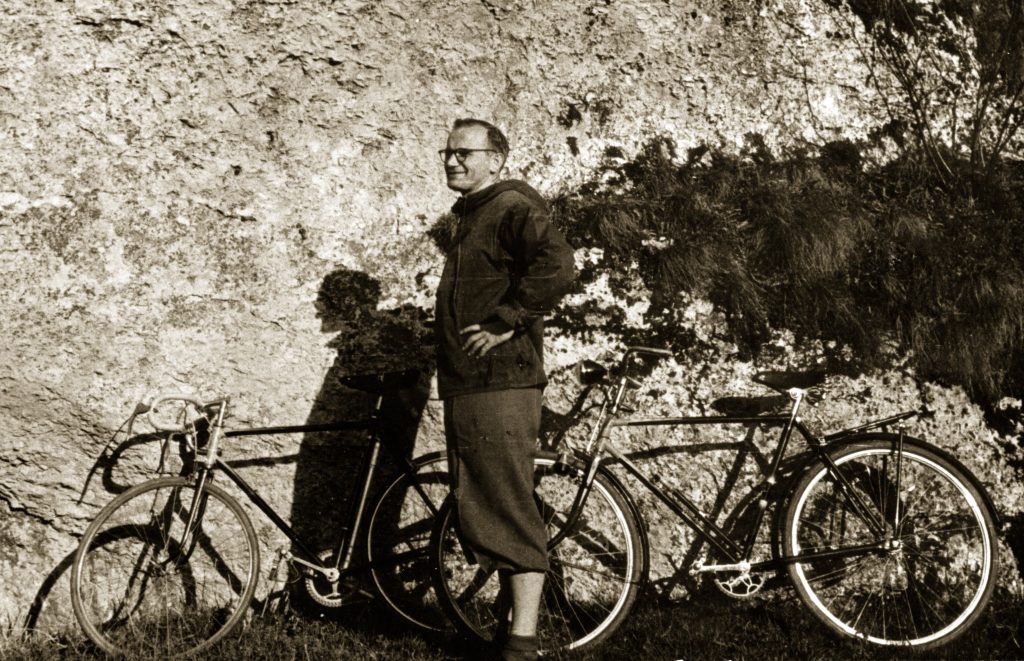
Nature as a projection of God's love
Like John Paul II, the German Pope pointed out on many occasions that integral ecology is not merely an interest in the environment, but that the primary concern is man, who is responsible for the responsible administration of material elements in order to contribute to the common good. For this reason, Benedict XVI said that "nature is the expression of a project of love and truth. It precedes us and has been given to us by God as a sphere of life" (Encyclical "Caritas in veritate".).
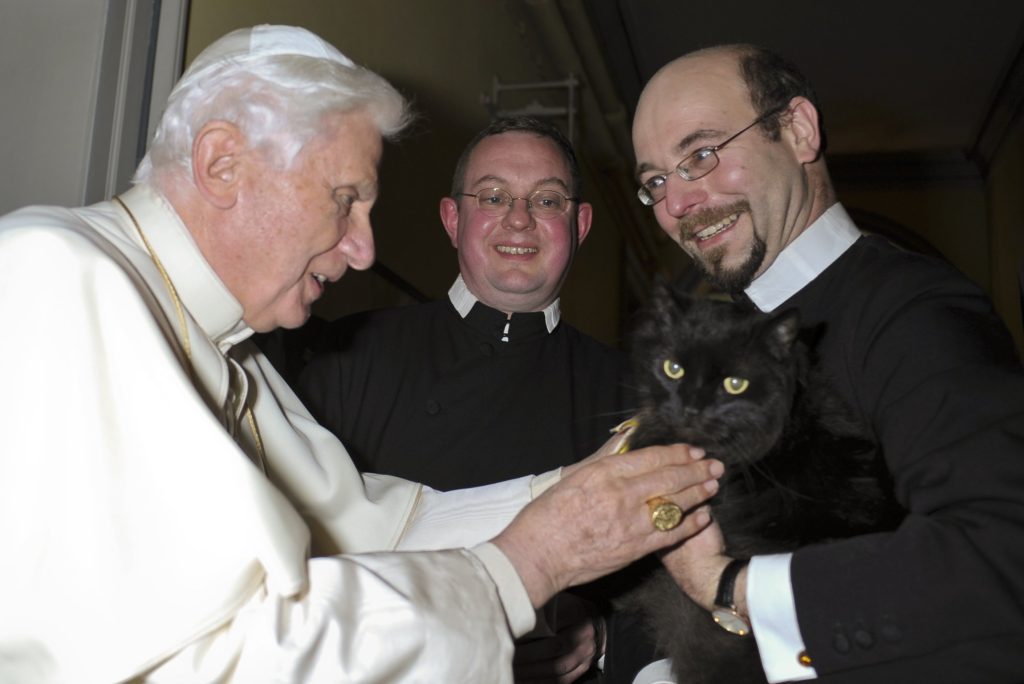
Francis' predecessor especially encouraged Catholics to recognize "in nature the marvelous result of God's creative intervention, which man can use responsibly to satisfy his legitimate needs - material and immaterial - while respecting the balance inherent in creation itself" (Ibidem).
Pope Benedict XVI also had a clear intuition of the relationship between human beings and the common home. He declared in 2009 that "the way man treats the environment influences the way he treats himself, and vice versa. This requires today's society to seriously review its lifestyle, which, in many parts of the world, tends towards hedonism and consumerism, with little concern for the resulting damage. We need an effective change of mentality that will lead us to adopt new lifestyles" (Ibidem).
The ecological responsibility of the Church
Benedict also responded throughout his pontificate to those who accused the Church of trying to meddle in a subject that did not belong to her. The Pope was blunt in stating that "the Church has a responsibility towards creation and must assert it in public. And in doing so, she must not only defend the earth, water and air as gifts of creation that belong to all. It must above all protect man against the destruction of himself. There must be a kind of ecology of man properly understood" (Ibidem).
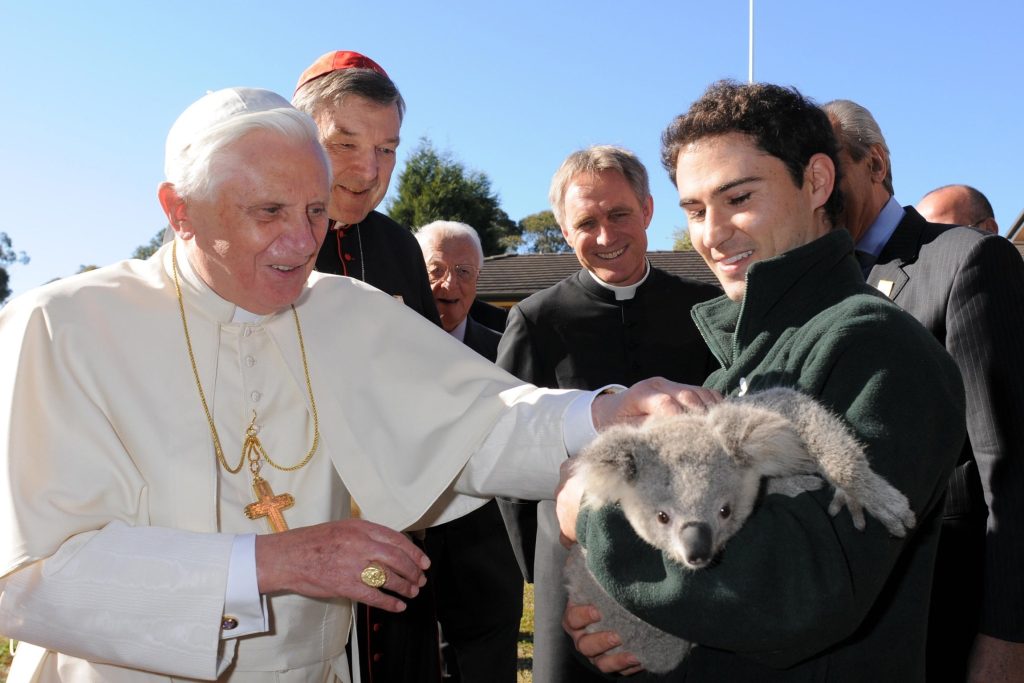
Pope Francis has picked up the baton precisely in this regard and speaks frequently about ecological conversion. Francis published in 2015 an encyclical dedicated to the care of the common home, "Laudato si'"The second part of the project will be released on October 4, 2023.
The Pope has pointed out on more than one occasion that "authentic human development has a moral character and presupposes full respect for the human person, but it must also pay attention to the natural world" (Encyclical "Laudato si'"). The Holy Father's concern for the environment has led him to launch "an urgent invitation to a new dialogue on how we are building the future of the planet. We need a conversation that unites us all, because the environmental challenge we are experiencing, and its human roots, concern and impact us all" (Ibidem).
Instruments of God
Francis has emphasized pollution and climate change as well as the loss of biodiversity and the social degradation that accompanies environmental deterioration. "These situations provoke the groaning of sister earth, which is united to the groaning of the abandoned of the world, with a clamor that calls us to another course" (Ibidem). Noting the fronts that are open, the Pope tries to remind everyone that "we are called to be the instruments of God the Father so that our planet may be what He created it to be and respond to His plan of peace, beauty and fullness" (Ibidem).
Francis has also used his apostolic journeys to remind Catholics around the world of the importance of caring for the environment. During his recent trip to Mongolia, he pointed out several times the beauty of nature and man's responsibility to care for it. In the message which he published for the World Day of Prayer for the Care of Creation, warned that "we must decide to transform our hearts, our lifestyles and the public policies that govern our society" in order to "heal the common home."
In his pontificate, Pope Francis has as one of his objectives to encourage and guide all Catholics so that, as "followers of Christ on our common synodal journey, we may live, work and pray so that our common home may be filled once again with life" (Message for the World Day of Prayer for the Care of Creation).
